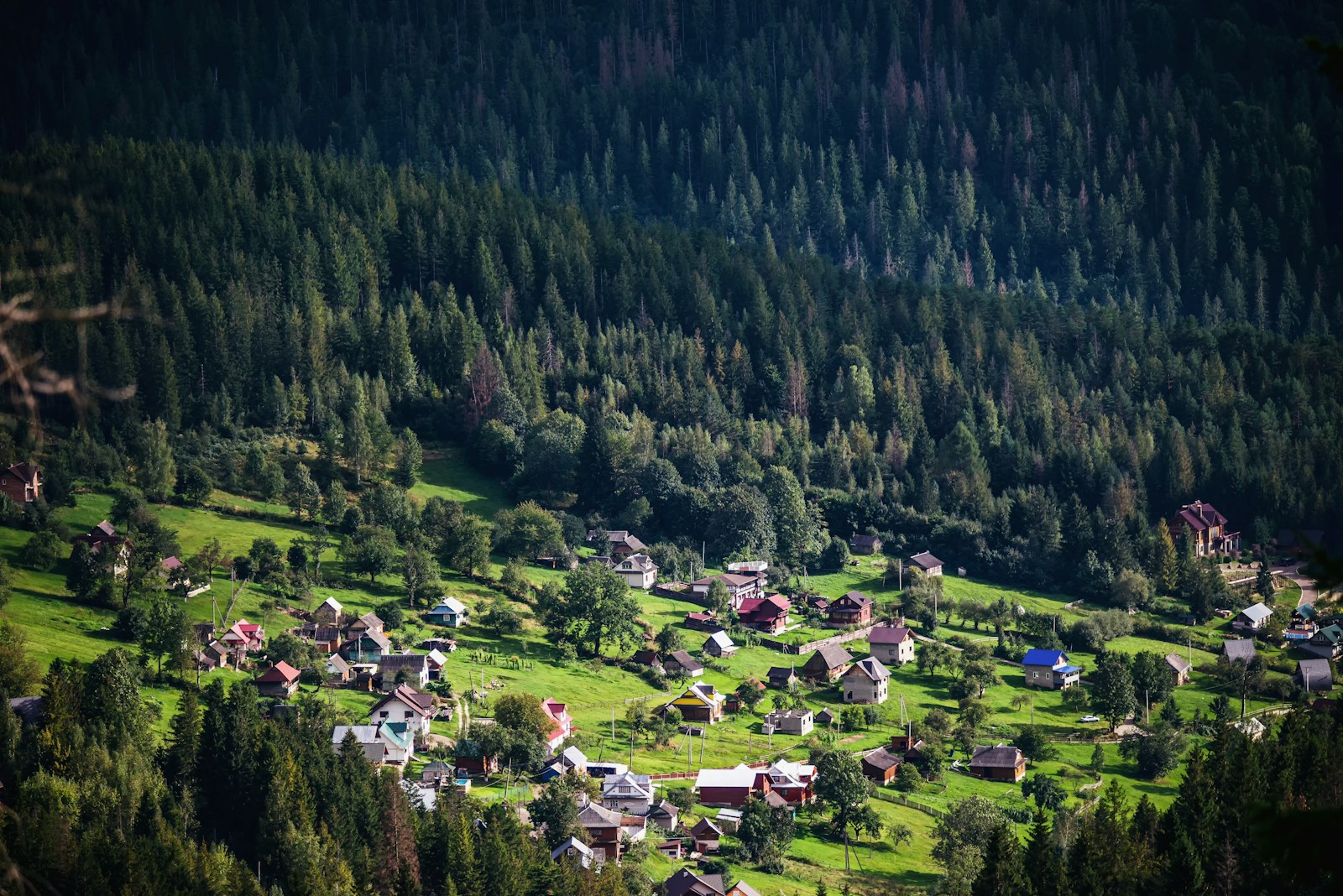
村庄
Cūnzhuāng

village
In China, an urban city is often divided by districts, and district is divided by communities, while for the rural region, it is cornomically divided by '村庄' (villages). There are also '村庄' in cities but now they basically refer to 'urban villages', measures to accommodate the massive population flowing in big cities.
Example sentences using: 村庄
我爸爸在村庄里种田。
wǒ bàba zài cūnzhūang lǐ zhòng tián.

My father farms in the village.
This sentence uses 村庄 to describe a rural area where agricultural activities take place.
村庄的居民都很友好。
cūnzhūang de jūmín dōu hěn yǒuhǎo.

The residents of the village are all very friendly.
None
她是从村庄走来的。
tā shì cóng cūnzhūang zǒu lái de.

She came from the village.
This sentence tells us about a person's origin from a 村庄.
我在村庄购买了一些新鲜的蔬菜。
wǒ zài cūnzhūang gòumǎi le yìxiē xīnxiān de shūcài.

I bought some fresh vegetables in the village.
The phrase speaks about shopping for fresh local produce in a 村庄.
村庄的夜晚非常安静。
cūnzhūang de yèwǎn fēicháng ānjìng.

The village is very quiet at night.
This sentence describes the peaceful atmosphere in a 村庄 during the night.
这个村庄的风景很美丽。
zhège cūnzhūang de fēngjǐng hěn měilì.

The scenery of this village is very beautiful.
In this context, 村庄 represents a rural setting with beautiful scenery.
村庄里的孩子们在河里游泳。
cūnzhūang lǐ de háizi men zài hé lǐ yóuyǒng.

The children in the village are swimming in the river.
This sentence describes a common scenario in a village, where children enjoy swimming in the river.
这个村庄保持了它的传统风貌。
zhège cūnzhūang bǎochí le tā de chuántǒng fēngmào.

This village has maintained its traditional appearance.
This sentence implies that the 村庄 has remained unchanged and preserved its cultural traditions and authentic architecture.
村庄的日出非常壮观。
cūnzhūang de rìchū fēicháng zhuàngguān.

The sunrise in the village is very spectacular.
This phrase describes a vibrant scene of sunrise in a 村庄.
我在村庄的生活非常快乐。
wǒ zài cūnzhūang de shēnghuó fēicháng kuàilè.

I am very happy living in the village.
The sentence expresses a person's happiness about living in a 村庄.